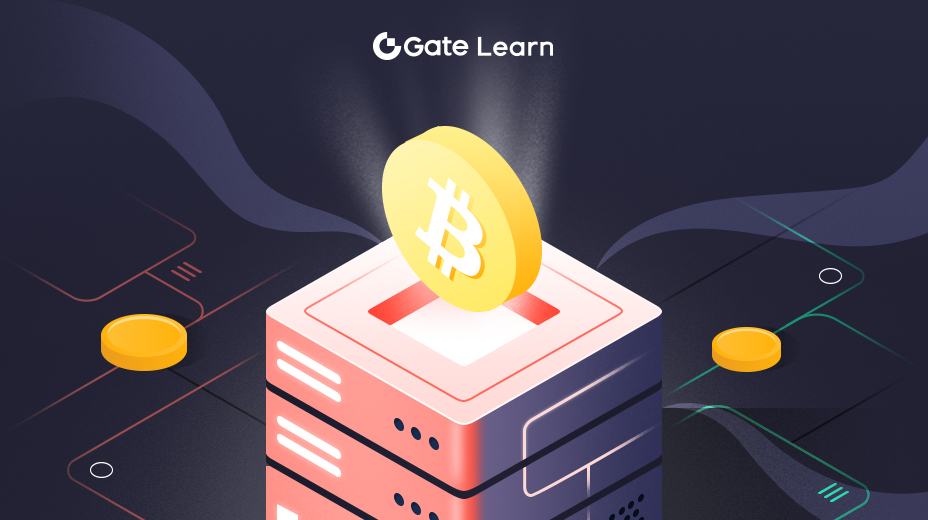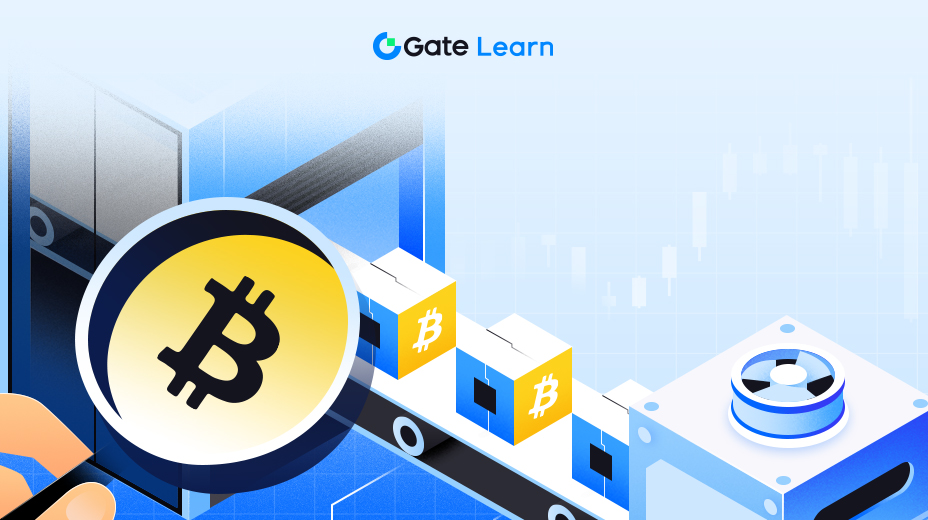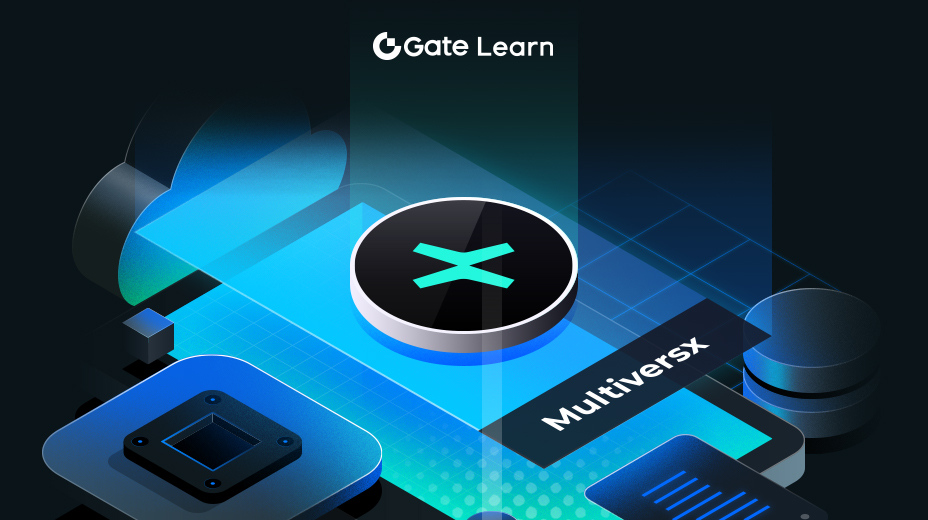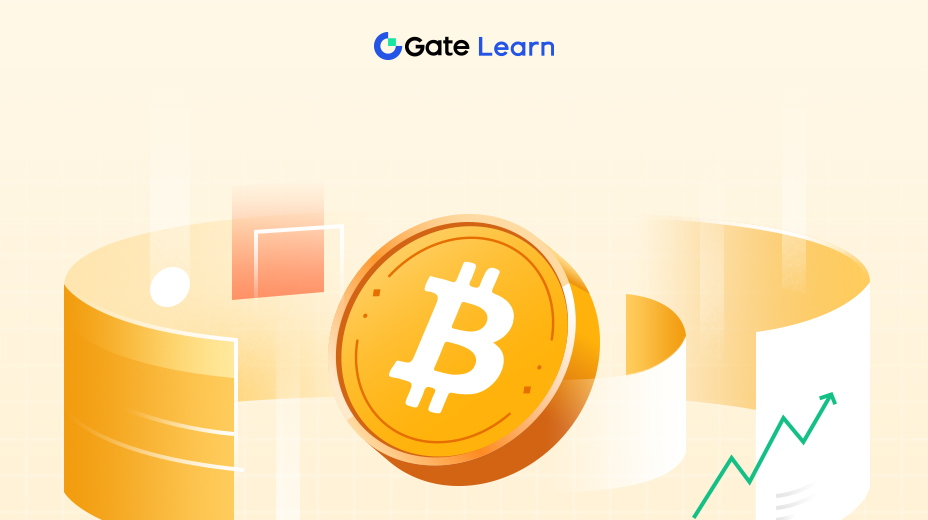Équipe de développement, investisseurs, soutiens et partenaires
Ce module couvre l'expertise de l'équipe de développement de Bitrock, la vérification de sécurité grâce à Assure DeFi, ainsi que les partenariats et collaborations qui améliorent la fonctionnalité et la crédibilité de la blockchain Bitrock.
Équipe de développement et leur expertise

Le projet blockchain Bitrock a été développé par une équipe hautement qualifiée possédant une grande expérience dans les technologies blockchain, la finance décentralisée (DeFi) et les solutions de couche 2. Contrairement à de nombreux projets qui reposent sur des investisseurs externes ou un financement par capital-risque, l'équipe de développement de ce projet a opté pour l'autofinancement du projet afin d'assurer un contrôle total sur la direction et les décisions du projet. L'équipe a démontré une grande expertise technique en lançant Bitrock en peu de temps, passant du concept initial à une blockchain entièrement opérationnelle en quelques mois seulement.
La décision de ne pas fork une blockchain existante mais plutôt de créer une solution Layer-2 originale indique les capacités d'innovation et de conception de l'équipe de développement. Ils ont choisi de construire Bitrock à partir de zéro, en se concentrant sur la scalabilité, la vitesse et l'efficacité des coûts. Le choix du mécanisme de consensus Proof of Authority IBFT 2.0 reflète leur engagement à fournir des transactions blockchain plus rapides, moins chères et plus sécurisées. Cette méthode, qui diffère des mécanismes de Proof of Work (PoW) ou de Proof of Stake (PoS) plus courants, met en évidence la compréhension de l'équipe des exigences de performance et de sécurité pour une plateforme blockchain moderne.
KYC et vérification de sécurité via Assure DeFi

Pour renforcer la transparence et la sécurité, l'équipe Bitrock a subi Vérification de l'identité du client (KYC)Grâce à Assure DeFi, un service de vérification bien connu dans l'industrie de la blockchain, offrant des processus de KYC rigoureux. Leur collaboration avec des organisations telles que le FBI et le bureau du procureur des États-Unis renforce leur crédibilité. Pour les projets de blockchain, la vérification KYC contribue à instaurer la confiance au sein de la communauté, en veillant à ce que les acteurs du projet soient publiquement responsables et qu'il y ait un risque minimal de fraude ou de mauvaise conduite.
Principaux partenariats
Bitrock a formé des partenariats importants qui contribuent à la croissance et à la fonctionnalité de son écosystème. Un partenariat très pertinent est celui avec Wanchain, qui a contribué à faciliter l'interopérabilité entre les chaînes. La technologie de Wanchain alimente l'échange décentralisé inter-chaînes (DEX) natif de Bitrock, Rockswap, permettant aux actifs d'être échangés sur plusieurs chaînes de blocs sans avoir besoin de jetons natifs de ces chaînes. Cette intégration simplifie grandement l'expérience utilisateur et réduit les coûts de transaction pour les échanges inter-chaînes.
Un partenariat intéressant est avec CTDSEC, une société d'audit de sécurité blockchain bien considérée, qui a audité le code blockchain et smart contract de Bitrock, donnant au projet une validation solide en termes de sécurité et d'intégrité du code, assurant aux utilisateurs et développeurs que l'infrastructure sous-jacente de Bitrock est solide et exempte de vulnérabilités exploitables.
Collaborations et intégrations avec les plateformes blockchain
La stratégie de Bitrock pour l'expansion de l'écosystème implique des intégrations avec des plates-formes et des outils blockchain bien établis. Parmi les plus remarquables, on trouve :
- Dextools: Une plate-forme d'analyse des données blockchain, qui intègre Bitrock pour fournir aux utilisateurs des analyses et des données en temps réel sur les paires de trading et la liquidité sur la blockchain Bitrock. Cette intégration aide les utilisateurs qui souhaitent surveiller et trader efficacement des actifs dans l'écosystème Bitrock.
- BitmartUne bourse mondiale de cryptomonnaies où le jeton natif de Bitrock, BROCK, est répertorié. Ce partenariat augmente la liquidité et l'accessibilité du jeton, permettant aux utilisateurs du monde entier de négocier des jetons BROCK.
- TrustWalletUn fournisseur de portefeuille décentralisé qui prend en charge le réseau Bitrock, permettant aux utilisateurs de stocker, d'envoyer et de recevoir des jetons sur le réseau Bitrock, tout en permettant l'accès aux applications décentralisées (DApps) s'exécutant sur la blockchain Bitrock.
Ces collaborations stimulent la croissance en améliorant la visibilité, la fonctionnalité et l'accessibilité de Bitrock au sein de l'écosystème cryptographique plus large.
Points forts
- L'équipe de développement de Bitrock a choisi de financer le projet elle-même, évitant ainsi les capitaux-risque externes ou les préventes.
- Le projet a subi une vérification KYC avec Assure DeFi, garantissant la transparence et la responsabilité.
- Un audit de sécurité complet a été réalisé par CTDSEC, validant l'intégrité de l'infrastructure blockchain de Bitrock.
- Les partenariats avec Wanchain et CTDSEC ont renforcé les capacités de chaîne croisée et la sécurité de l'écosystème.
- Les intégrations avec des plateformes telles que Dextools, Bitmart et TrustWallet ont élargi l'accessibilité et l'utilité de Bitrock dans l'espace crypto plus large.





